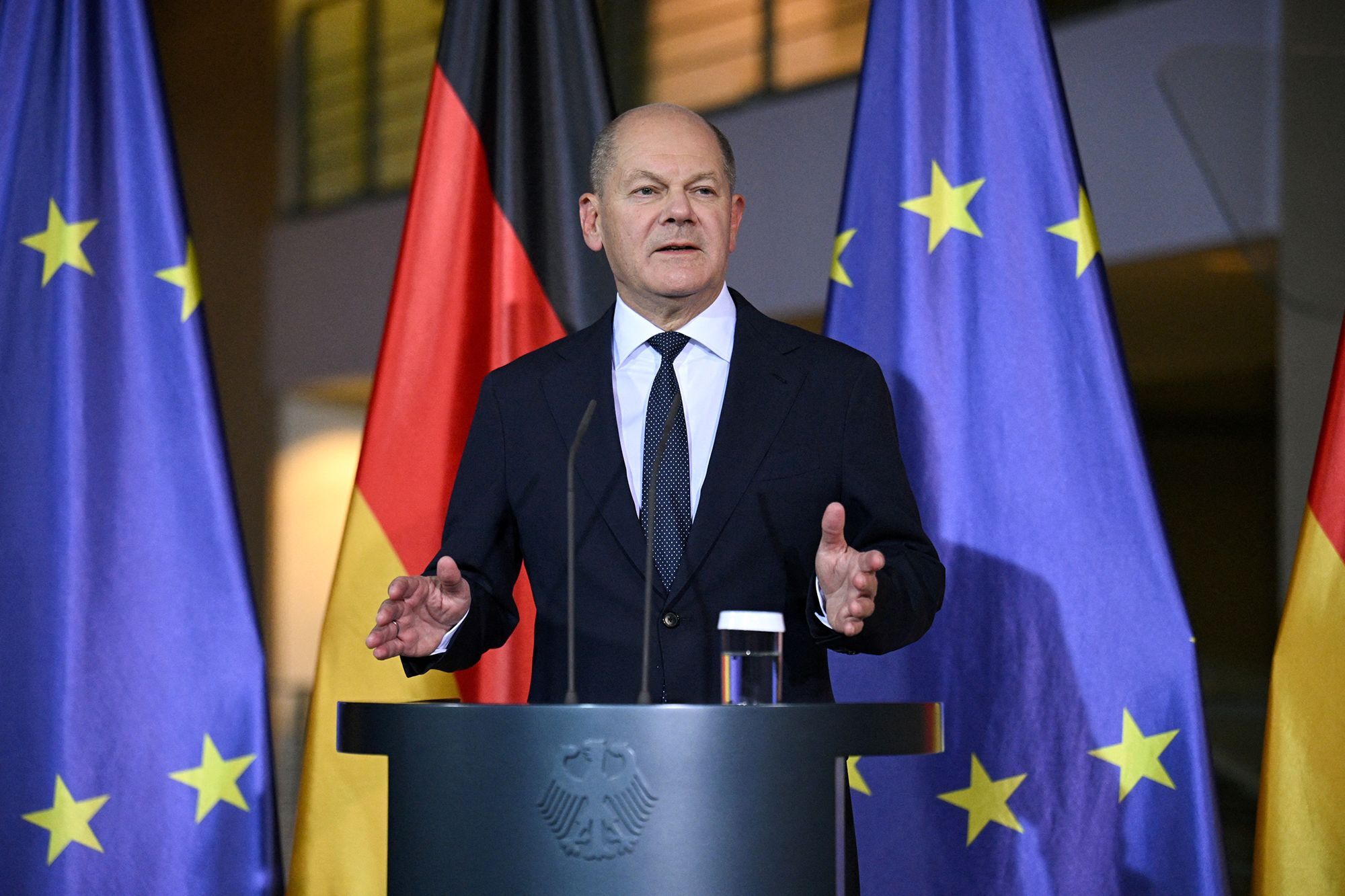Germany’s government is in turmoil following Chancellor Olaf Scholz’s dismissal of Finance Minister Christian Lindner, which led Lindner’s Free Democrats Party (FDP) to withdraw from the coalition. Scholz’s Social Democratic Party (SPD) is now left governing with the Green Party in a precarious minority arrangement.
Scholz has scheduled a confidence vote for January 15, which, if lost, could trigger early elections by March 2024. This political upheaval occurs during a challenging period globally, including former U.S. President Donald Trump’s return to office, which could add pressure on Germany’s already struggling economy and complicate European alliances.
Snap elections are rare in Germany, a country known for its political stability. Angela Merkel’s 16 years as chancellor helped maintain this steady governance, with the last snap election taking place in 2005 under then-Chancellor Gerhard Schröder, who subsequently lost to Merkel.
After Merkel’s retirement in 2021, Scholz’s SPD formed the “traffic light” coalition with the FDP and Greens. This coalition has faced ongoing difficulties due to ideological differences and the task of following in Merkel’s stead, as the country navigates shifting economic and social demands.
The coalition brought together parties with contrasting economic ideologies, leading to frequent clashes. The SPD and the Greens prioritize social and environmental investment, while the FDP supports fiscal conservatism and market-friendly policies. Disagreements over economic strategy became more pronounced as Germany’s economy struggled and far-right support grew.

Chancellor Scholz Faces Crisis as Finance Minister’s Firing Triggers Coalition Collapse in Germany
The Alternative für Deutschland (AfD) party has gained ground, even winning a state election in Thuringia, a historic milestone for far-right politics in Germany. Scholz’s government attempted to address this trend by tightening immigration policies, but internal conflicts prevented a unified approach to these mounting challenges.
Germany’s economic issues have only compounded the coalition’s difficulties. Last year, the German economy contracted for the first time since the COVID-19 pandemic, and its growth has lagged behind other major European economies.
Contributing factors include high energy costs due to the war in Ukraine, structural inefficiencies such as high labor expenses and complex regulations, and competition from China that threatens Germany’s prominent manufacturing sectors. Major companies like Volkswagen are now considering reducing operations within Germany due to these increasing pressures and global shifts in manufacturing.
In the immediate future, Scholz will attempt to govern with a minority coalition, relying on temporary alliances, potentially with the opposition CDU, to pass legislation. CDU leader Friedrich Merz, however, is pressing for an earlier confidence vote, which could further strain Scholz’s position.
Meanwhile, the AfD has seized on the coalition’s collapse, claiming it as proof that mainstream parties have failed the nation. Growing discontent among voters suggests that Germany may be on the brink of a significant political shift, with far-right support and public dissatisfaction challenging the traditional political order.
